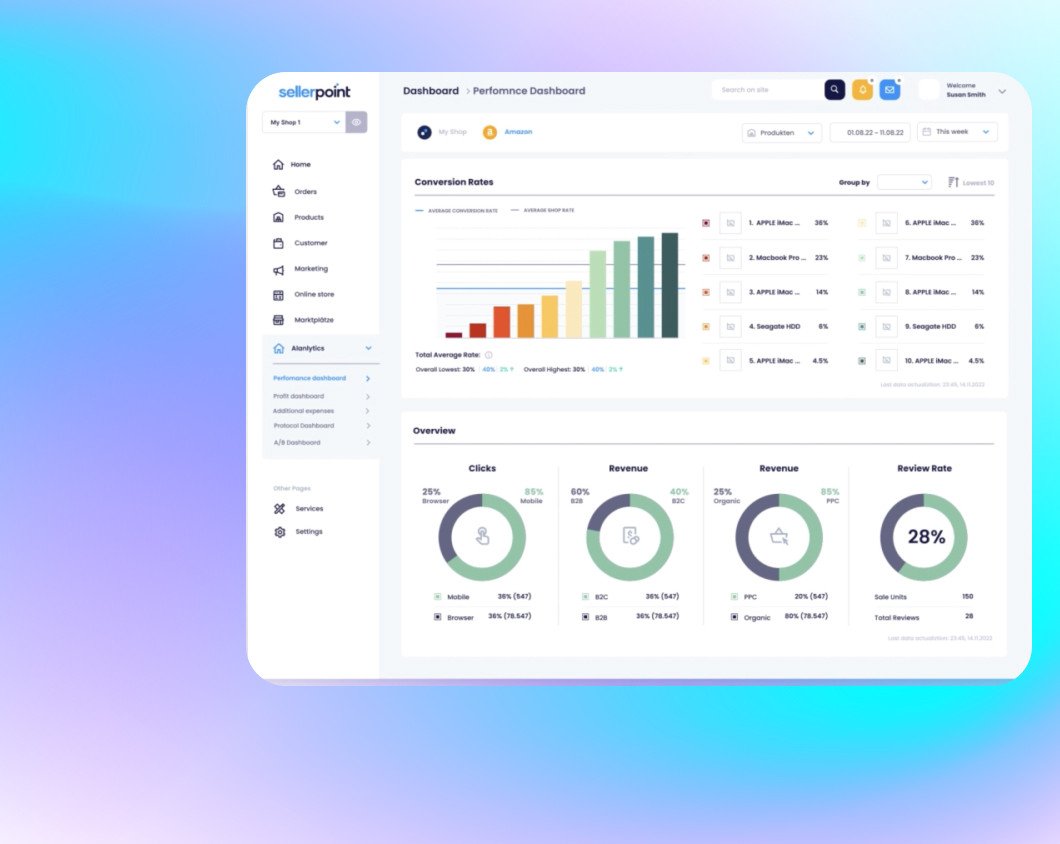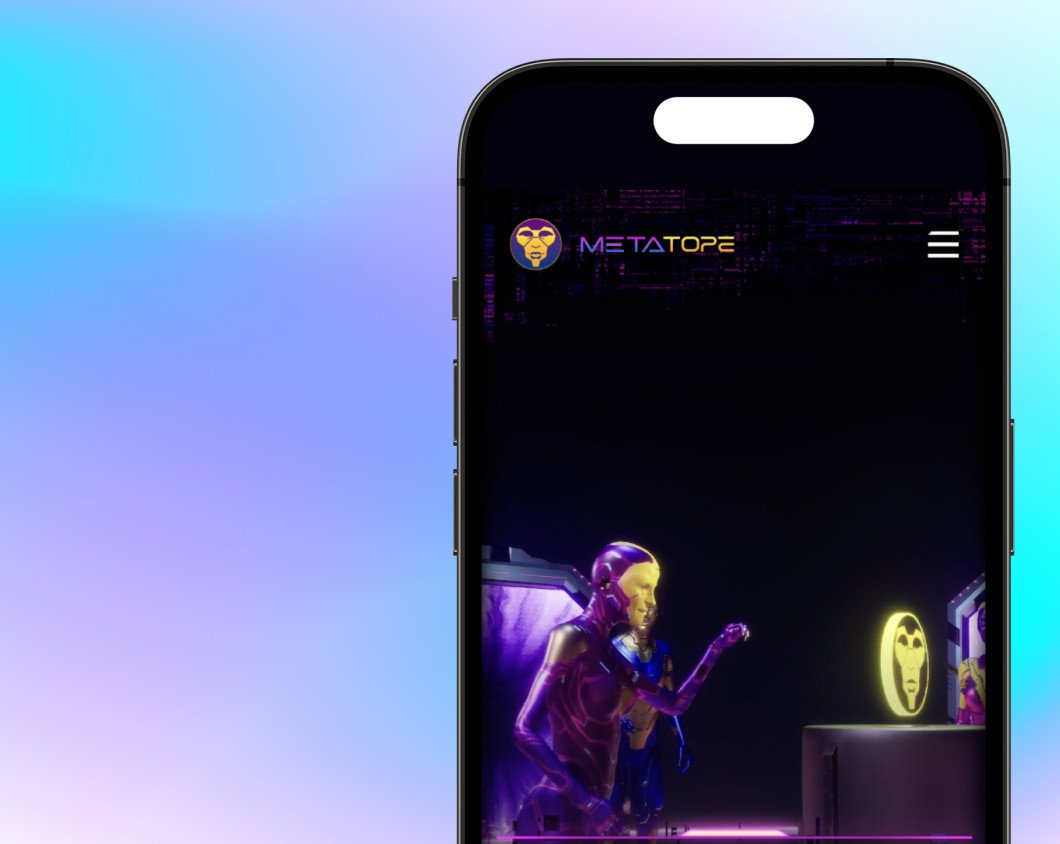What are NFTs?
Non-fungible tokens, or NFTs, are unique digital assets stored on a blockchain, similar to cryptocurrencies. However, unlike interchangeable cryptocurrencies, each NFT is one-of-a-kind. As a result, they can be used to represent ownership of digital and even physical items.
Imagine a digital artwork, a unique video game item, or even a virtual plot of land. An NFT can represent them in the digital format, storing essential information like the NFT's creator, ownership history, and unique characteristics. In addition to digitizing your assets and making them more accessible to a large pool of investors, NFTs have other features. Among them:
Uniqueness: Each NFT has a unique identifier and metadata stored on the blockchain, making it impossible to replicate or counterfeit.
Verification: Anyone can verify an NFT's authenticity and ownership history through the publicly accessible blockchain.
Programmability: Enhanced with smart contracts (self-executing programs on the blockchain), NFTs can generate revenue for their creators through royalties.
Tradability: NFTs can be bought, sold, and traded on dedicated marketplaces or peer-to-peer. It allows issuers to monetize their assets without selling them in the real world.
Nowadays, the market for NFTs is still evolving, with many potential benefits and challenges yet to appear. However, already represents an exciting new way to capitalize on digital ownership of the blockchain era.












